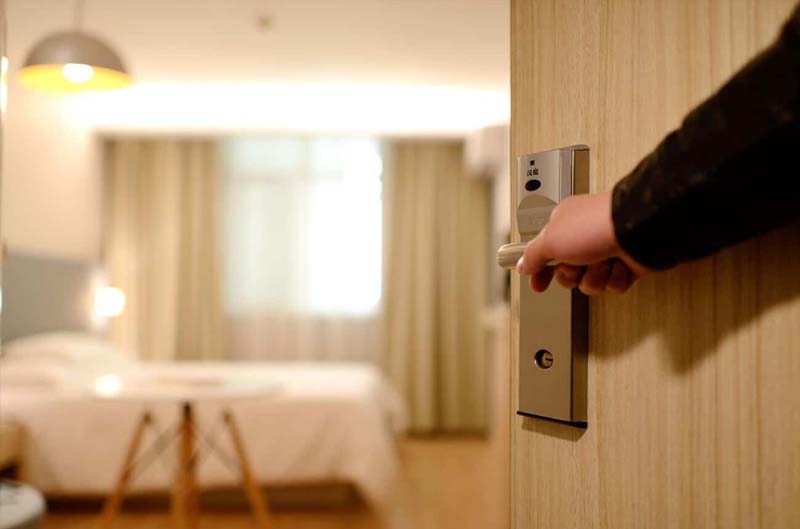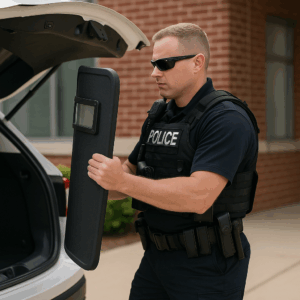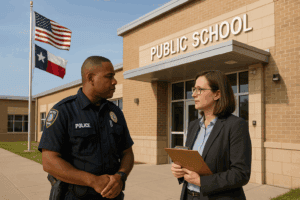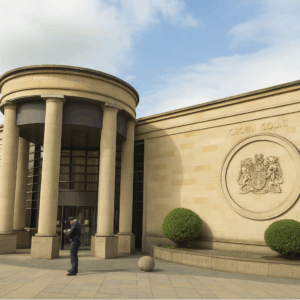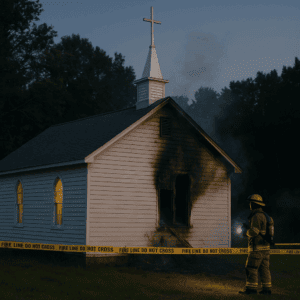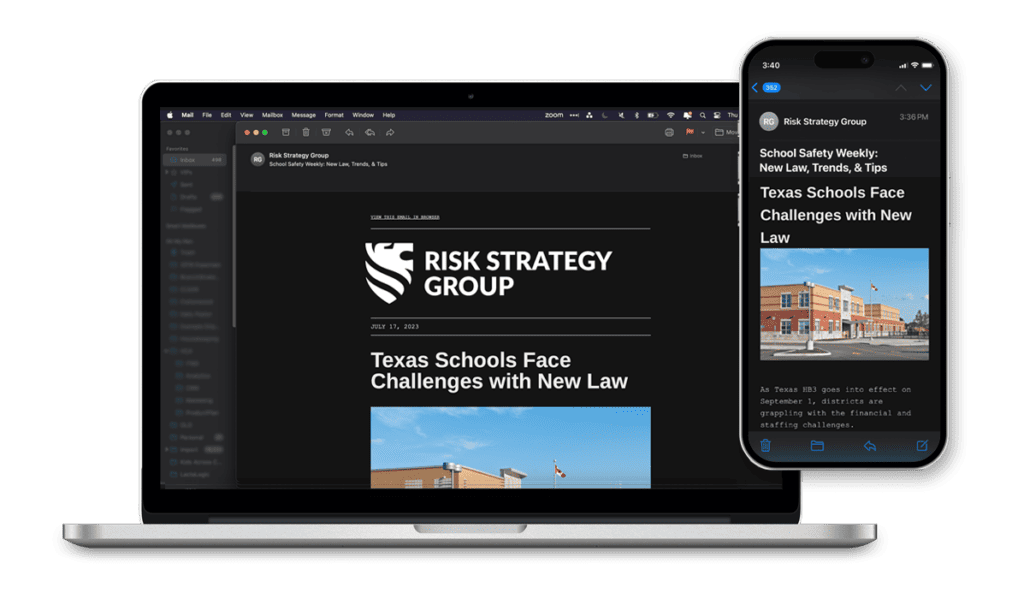An often overlooked area when traveling is security planning in relation to the location you are staying. Hotel safety and room security should not be overlooked and are often glanced over despite the fact these types of places are known for being vulnerable.
Let’s discuss just a few of the simple things you can do to increase safety and security during your hotel stay.
Hotel location
When choosing a hotel, location is one of the criteria that come into play. Obviously, there has to be a balance between safety, security, and convenience.
It is not practical to drive two hours every day because the hotel you selected meets all of your safety criteria but is a long ways from where you are conducting business.
However, you can often find a balance which will work well in most scenarios.
Here are a few things to look for in regards to the location of your lodging:

- Access to medical services
- Where are the nearest medical services and how will you access them?
- Access to law enforcement
- Similar to medical services, where
are local law enforcement located and how do they respond?
- Similar to medical services, where
- Access to registered/license public transportation
- Will you need to utilize legitimate public transportation? Is it offered in the area you are staying?
- Distance from high-profile targets
- Depending on the area you are staying, certain targets may be prime for dangerous activity. Make sure you are aware of current events and potential targets during civil unrest.
- Is it known as a Western hotel
- Is the location you are staying known for hosting Westerners? If so, could it potentially be a target?
- Avoid high-crime areas
- Try to avoid areas more prone to criminal activity.
- Be mindful of proximity to embassies
- During times of rioting or civil unrest, embassies may become the center of activity. This should be factored in when conducting your risk assessment.
Be cognizant of how the hotel handles external security. Ideally, the more barriers to entry the better when it comes to prevention.
It is hard to find properties that meet all the requirements, but knowing what to look for increases your chances.
External security preferences

- Fenced and gated
- Does the hotel property have external barriers to help prevent outside access?
- Security personnel
- Are security personnel onsite and what is the scope of their duties?
- Adequate exterior lighting
- Is exterior lighting in place to aid as a deterrent?
- CCTV
- Does the property utilize CCTV to aid recognition and response duties?
Once you have selected your hotel, you should look for a room with certain attributes in relation to its physical location.
Room location preferences

- Avoid ground floor rooms
- Ground floor rooms provide easy access and escape for criminals.
- Equal access to elevators and stairwells
- This access provides multiple options for emergency escape.
- Be mindful of balconies
- Does your balcony allow someone access from a different floor
- Be mindful of what floor you are on
- The further away from the ground floor the better in terms of mitigating exterior threats from criminals. However, anything above the 5th or 6th floor reduces or eliminates your chances of escape or rescue in case of fire, etc.
Once you get inside your room. There are quite a few things you can do to help increase your safety and security.
Most of these recommendations are fully within your scope of control so it is up to you to make sure they happen.
Inside the room

- Make sure windows are locked as well as doors adjoining other rooms
- Conduct a quick sweep and check all the locks. Look out for signs they have been previously forced open or damaged.
- Activate the deadbolt lock
- Always activate the deadbolt and don’t rely solely on lesser means of security
- Don’t rely on security chains
- Security chains can be easily defeated and should be used in addition to more robust security measures.
- Rubber Door Wedge on inward opening doors
- Travel with a door wedge and utilize it on inward opening doors to increase security.
- Maintain room key, cell phone, wallet, flashlight, and shoes, next to the bed and easily accessible
- In the event you need to act quickly, all of your critical items should be in one area.
- Always keep a paper map with your hotel location marked as well as other emergency services
- Digital navigation may or may not work when you need it. Maintain a paper map with critical locations and services marked.
- Keep a hotel business card on you at all times, as well as next to the hotel room phone
- Having the name, location, phone number, etc., of your hotel can be invaluable in critical times.
- Make sure your room phone can make external calls
- In case cellular services are unavailable, make sure the phone in your room will allow you to make external calls.
- TV on low volume when away
- Make sure the volume is barely loud enough to be heard outside your room. It should sound like a muffled conversation and not an easily identifiable TV program.
- At least one light on when away/returning after dark
- Leave a minimum of one light on when you are away and/or returning after dark in order to give the appearance of the room being occupied.
- Always use the “Do Not Disturb” sign
- While not a physical barrier it can be a mental barrier to those who are less determined.
Again, the above are just a few things you can do to help maintain safety and security while traveling to less than ideal locations.
Keep in mind, nothing replaces situational awareness and preparedness in terms of how you will respond to certain events.
Regardless of your reason for travel, please take a little time and assess the associated risks and the proper response to help mitigate the severity of the outcomes.

